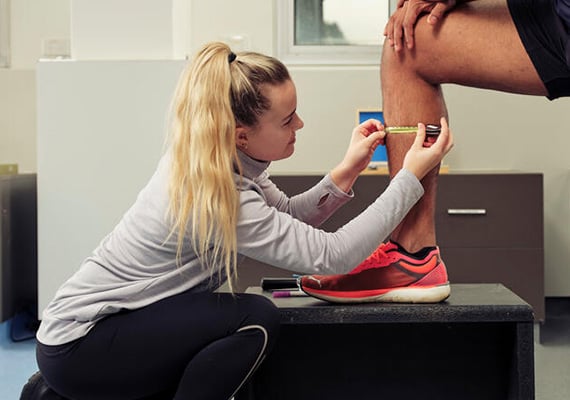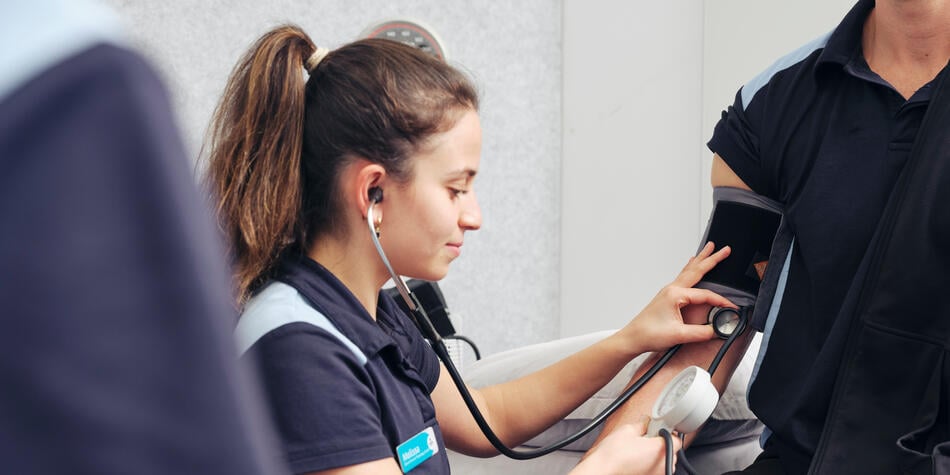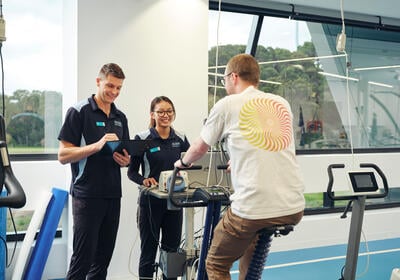These days, everything from your phone to your smart watch is collecting data. Industries across the board are becoming more data-savvy and exercise physiology is no exception. In the next decade, exercise physiologists are going to use data to not only customise treatment plans but also demonstrate outcomes and advocate for the industry’s contributions to health.
Steve Foulkes, Master of Clinical Exercise Physiology alumnus, accredited exercise physiologist and Postdoctoral Research Fellow at the Baker Heart and Diabetes Institute:
'There are a lot of wearable technologies and platforms and apps and remote exercise delivery options that allow us to get quite complex physiological data and analyse that and use that to then individualise exercise and track sessions in real time.
'Hopefully now that smarter technology is becoming cheaper and more accessible, [that will] allow exercise to be more effective. We can really learn how we can tailor exercise and adjust exercise on a day-to-day basis rather than give someone a written piece of paper that has four exercises that they do for four weeks and they come back and see you and you don't know how well that's gone until you see them.'
Niamh Mundell:
'I think capturing data from our interventions is going to be critical so that we can continue to advocate for funding to get our services out to people that need them.'
Matt Pollard, Master of Clinical Exercise Physiology alumnus, accredited exercise physiologist and Manager of Exercise Services at Rise Health Group:
'You can't go anywhere at the moment without people talking about data and data-informed decision making. And so in healthcare, we're going to have to justify our outcomes a little bit better than what may be currently done.'
'I think traditionally, exercise physiology has been a strong profession to create outcomes because of our modality... it's hard for people to not get better in some way through exercise. It creates empowerment and a growth in self confidence in conjunction with improved health outcomes and so I think we’re well set up to prove that through data, further assisting in the growth of the industry.'



